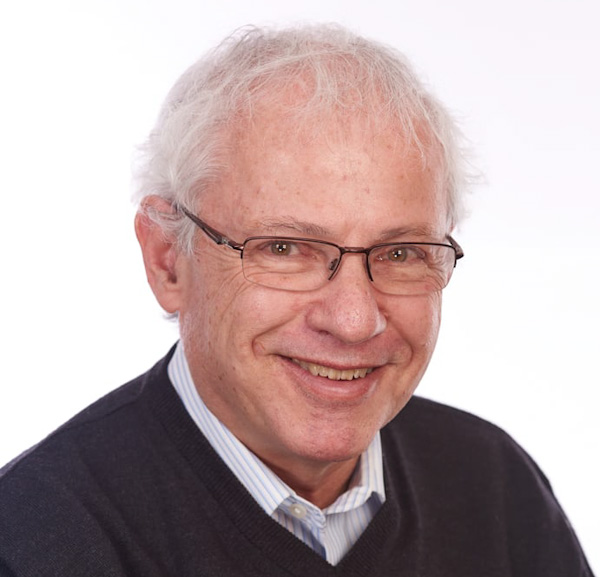Harvard Prof Defends Controversial Tactics in Music Downloading Case
Harvard Law School professor Charles R. Nesson, infamous for his eccentric antics in the courtroom and the classroom, continues to draw criticism for his unconventional defense of a Boston University graduate student accused of illegally downloading music.
In recent weeks, Nesson, whose client, Joel Tenenbaum, is accused of illegally downloading music, posted a tape-recorded telephone conference call with a federal judge and opposing counsel on his blog, the Boston Globe reports. Nesson also featured the conversation in a take-home exam on evidence for his students—despite being told by U.S. District Judge Nancy Gertner of Boston during the conversation to shut the tape recorder off.
After academics Nesson had hoped to call as expert witnesses rejected his theory that Tenenbaum had the right to download songs under the fair use doctrine of copyright law, Nesson posted their dissenting e-mails online. The 70-year-old professor even secretly tape-recorded a 4-minute rant by his wife, Fern—a former Harvard law student of Nesson’s—belittling the experts and calling one of Nesson’s law students working on the case a “schmuck,” the newspaper reports. That recording was also posted on Nesson’s blog.
“It’s off the charts, in terms of unconventionality of litigation tactics, and I’m being kind,” Ben Sheffner, a Los Angeles copyright lawyer who has been following the case closely on his blog Copyrights & Campaigns, told the newspaper.
“The stuff about posting internal discussions with his experts on the merits of the case is unheard of. I can’t imagine any lawyer on earth revealing that his own experts think that his case is seriously flawed.”
Nesson, who is widely regarded as one of the most brilliant professors at Harvard Law School, laughed off his critic’s comments to the paper, saying the offbeat tactics merely reflect the transparency that is the hallmark of Tenenbaum’s battle.
“Our strategy in this case is one of openness,” he said. “Joel committed no crime. He’s ashamed of nothing that he’s done. He has no need for attorney-client privilege. He has no need for secrecy. He wishes he could claim privacy, but that has been grievously violated [by the recording industry]. … It’s our strategy to litigate this case open.”
The case filed by the Recording Industry Association of America case is tentatively scheduled to go to trial in June.
Related coverage:
ABAJournal.com: “Judge Scolds Harvard Prof in RIAA Case”
ABAJournal.com: “US Appeals Court Orders Expedited Briefs in Webcast Challenge”
ABAJournal.com: “RIAA to Stop Suing Over Music Downloads; ISPs are New Copyright Cops”



